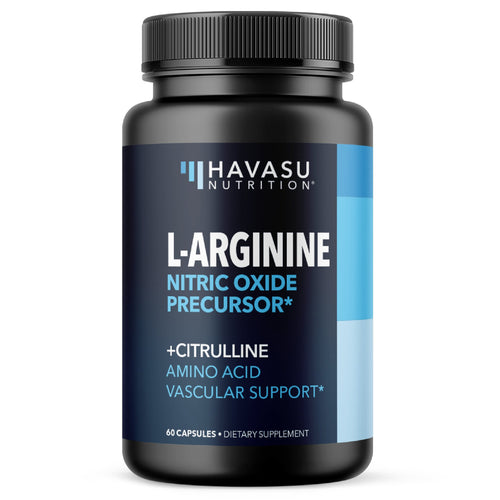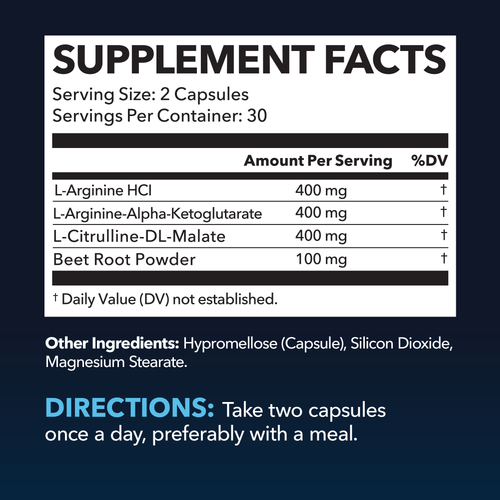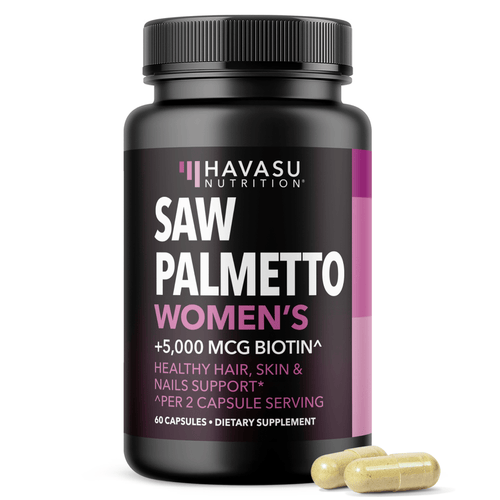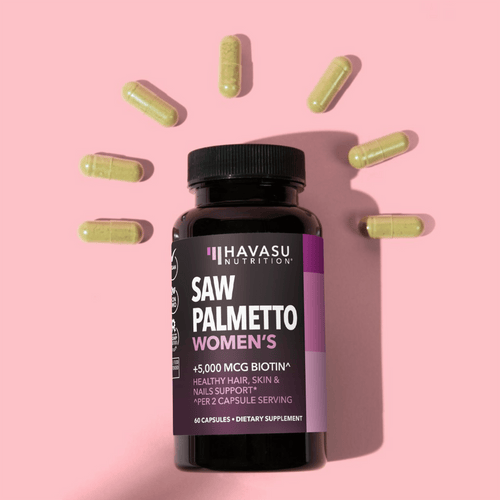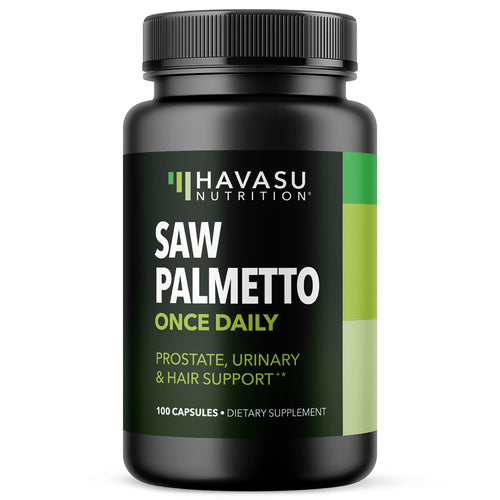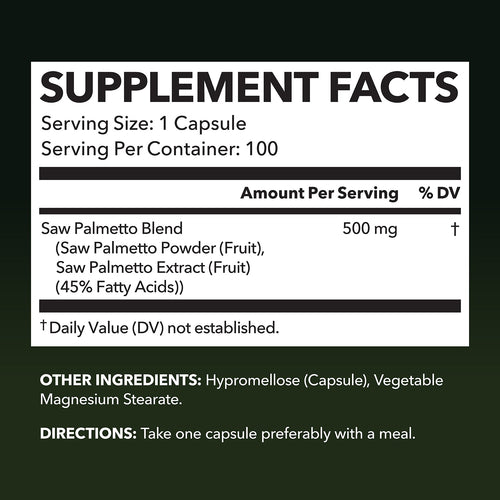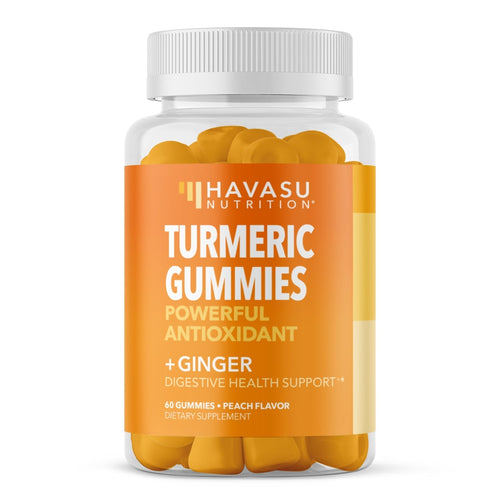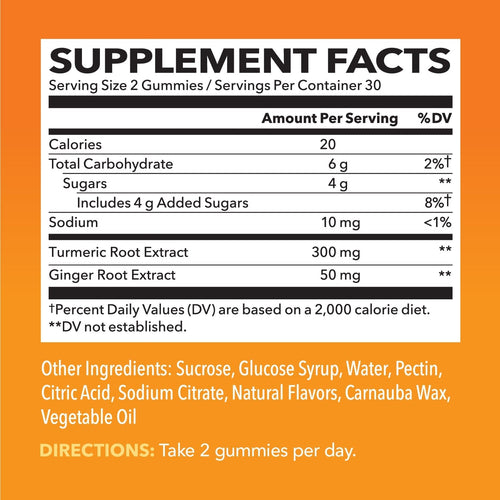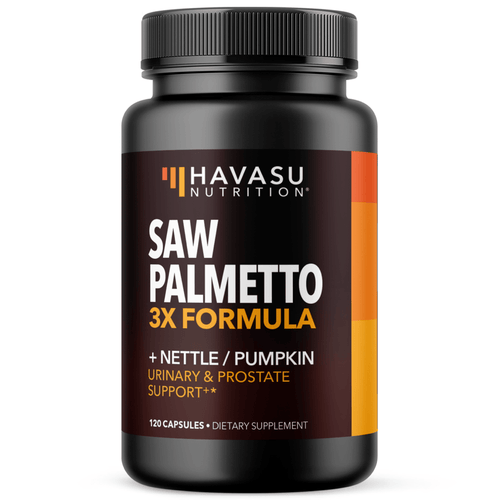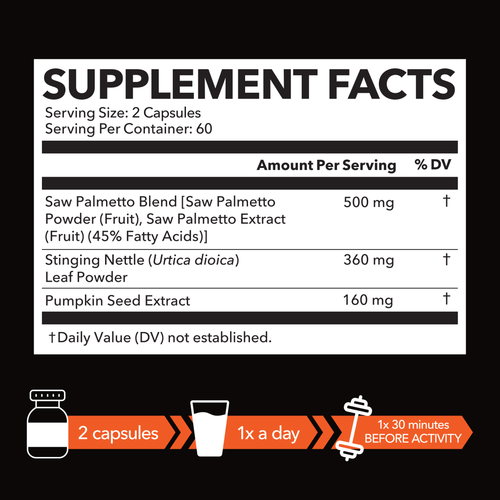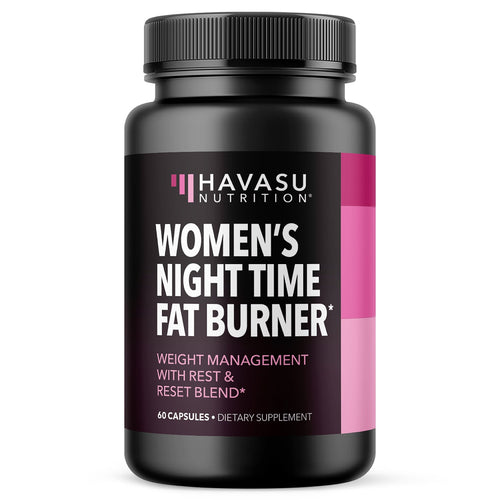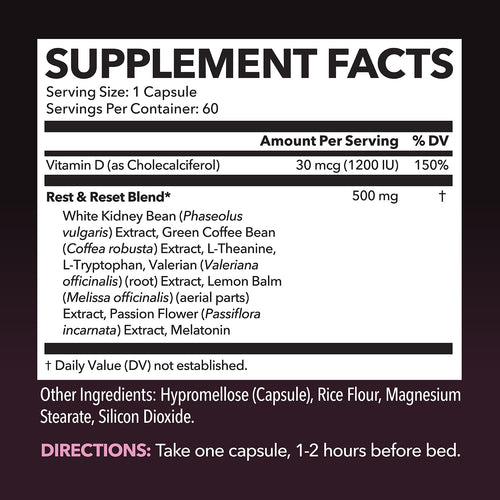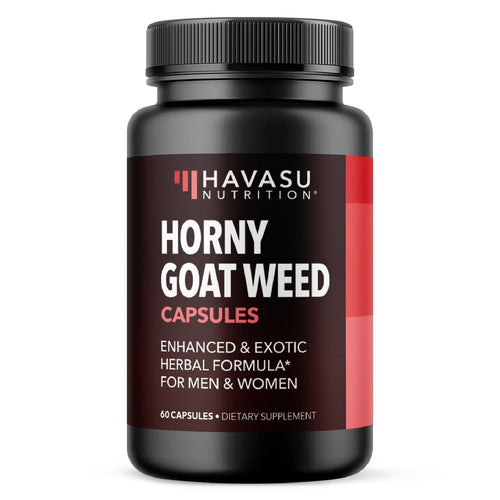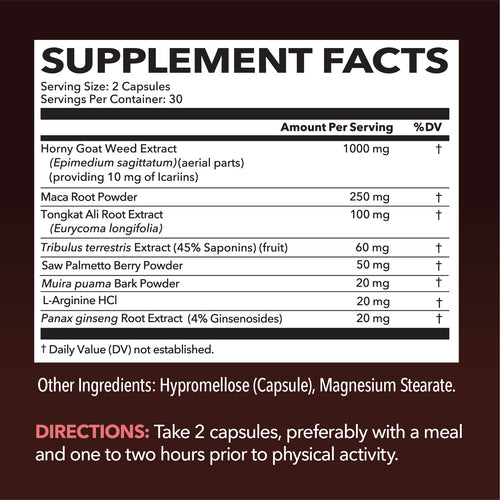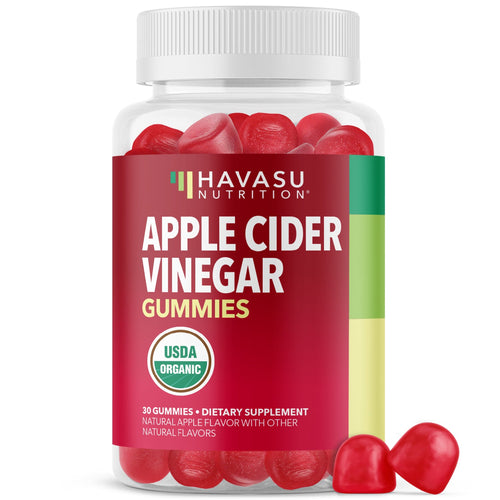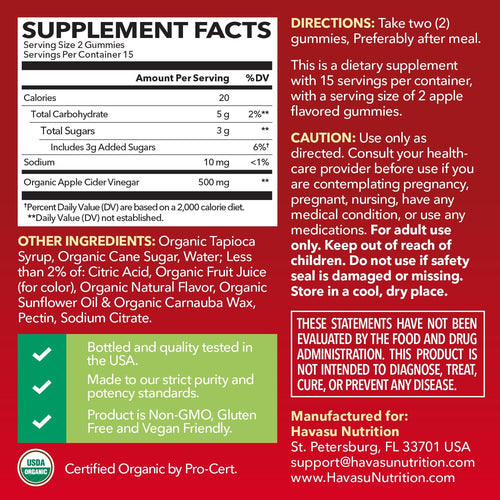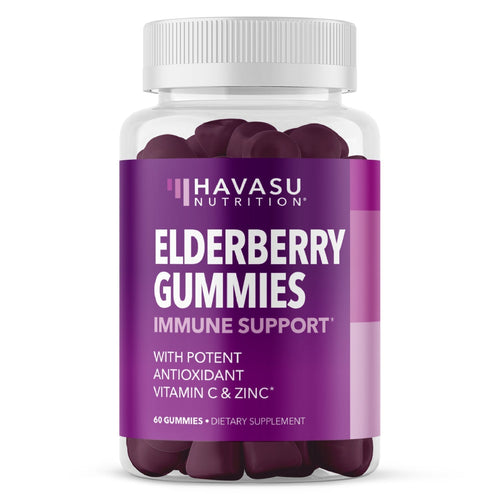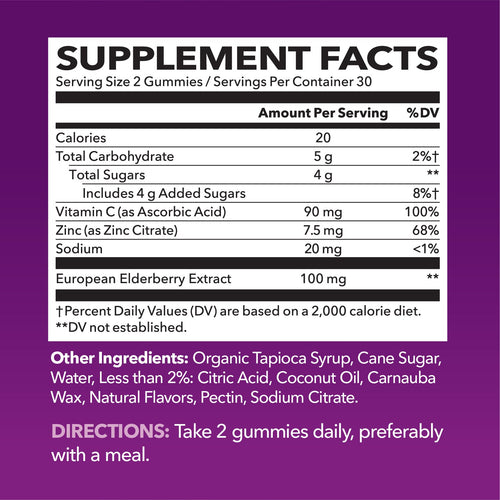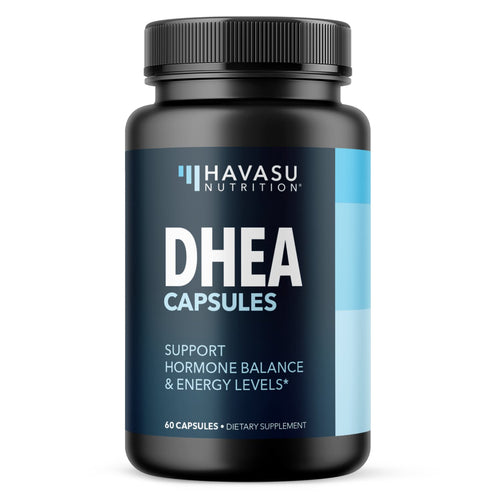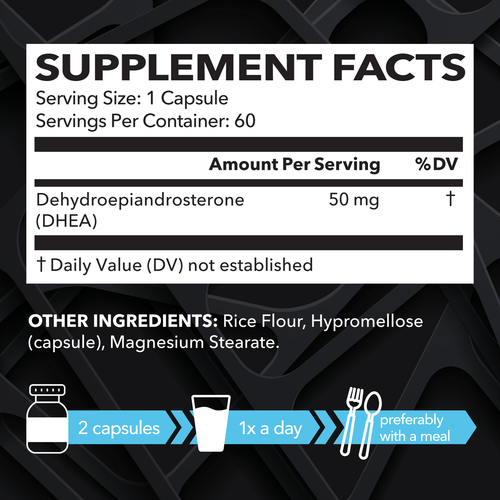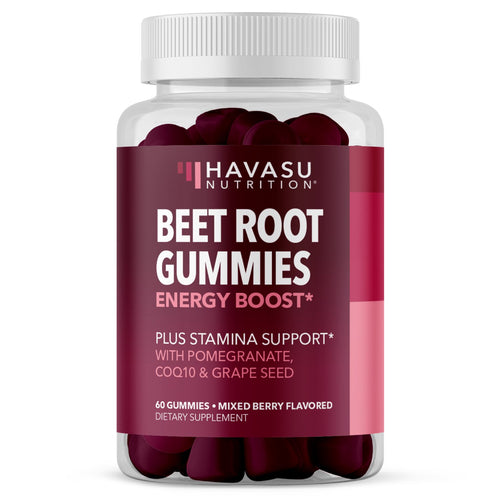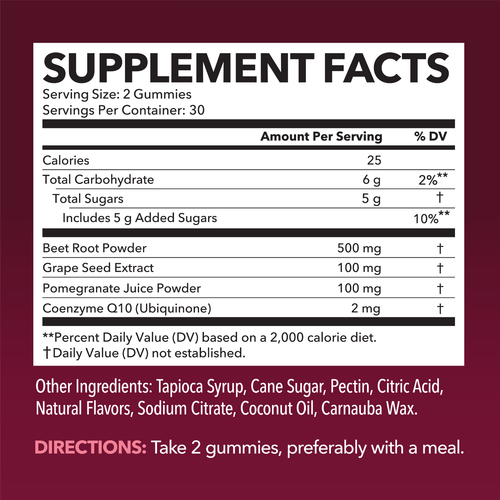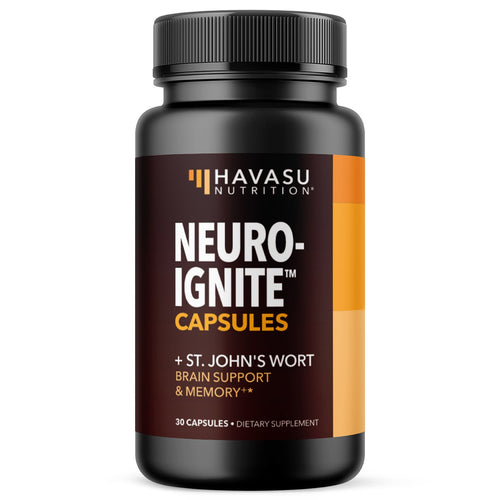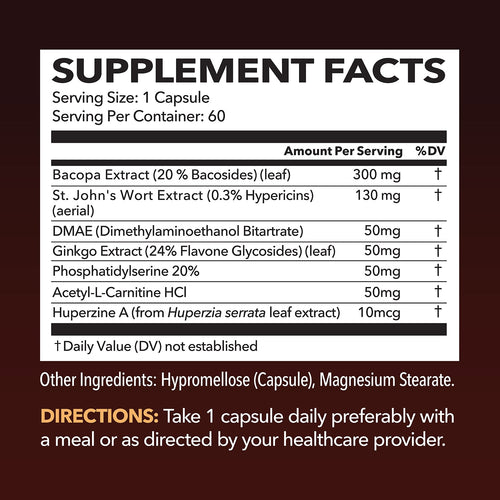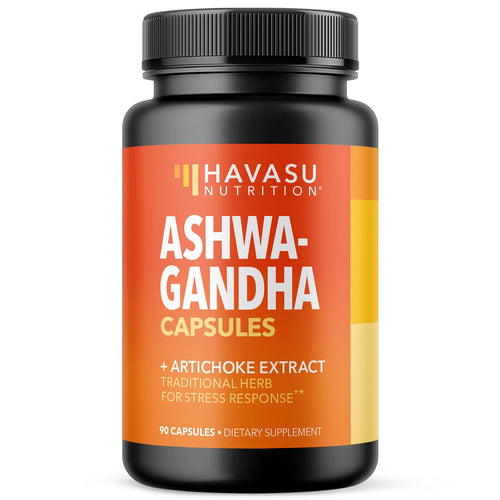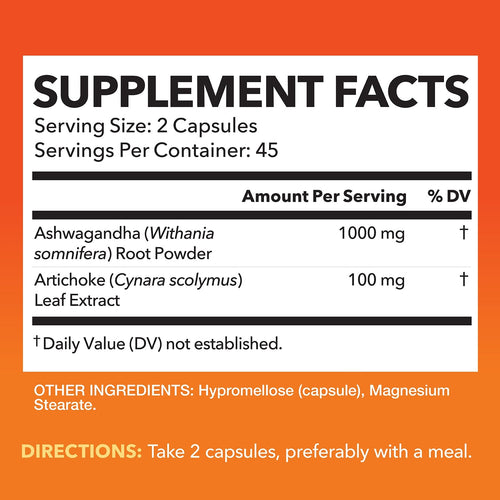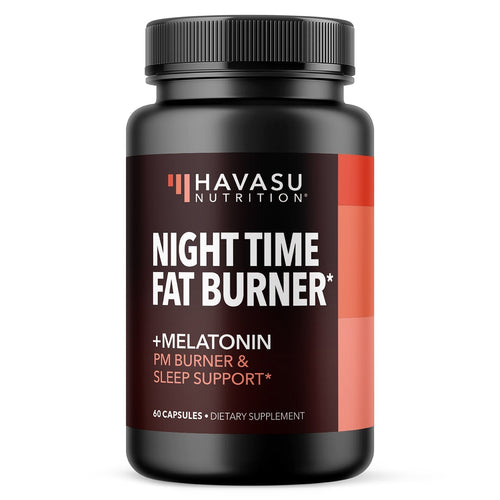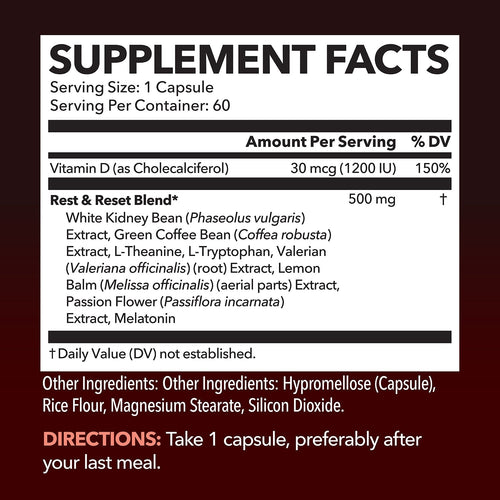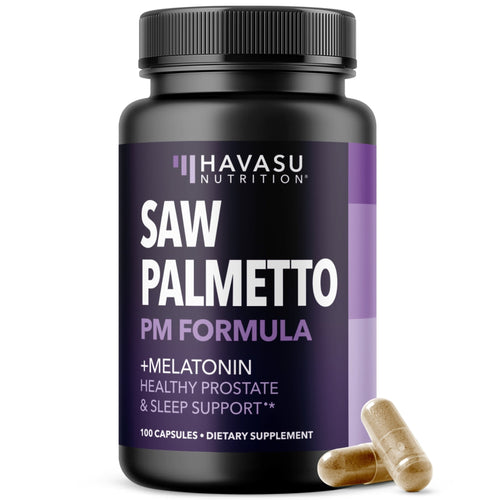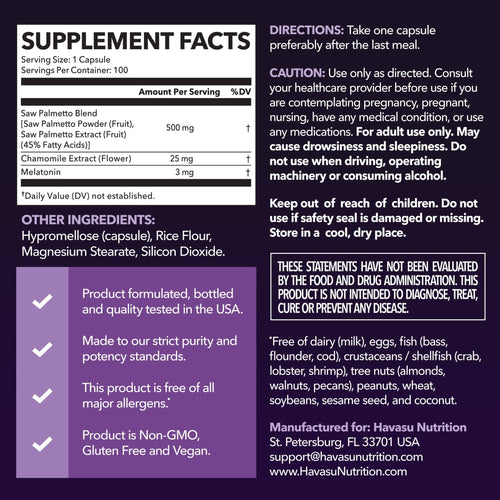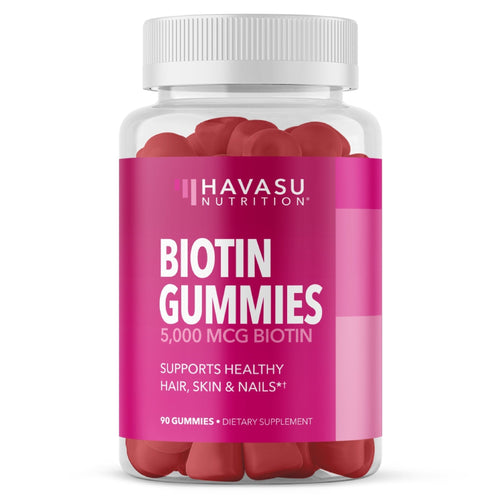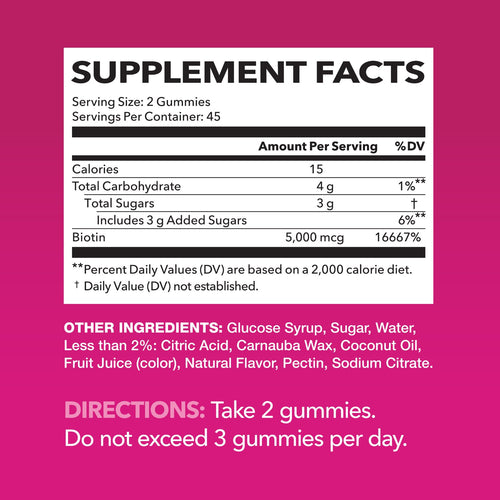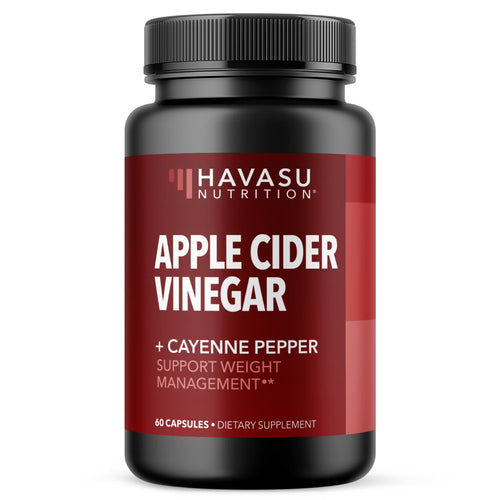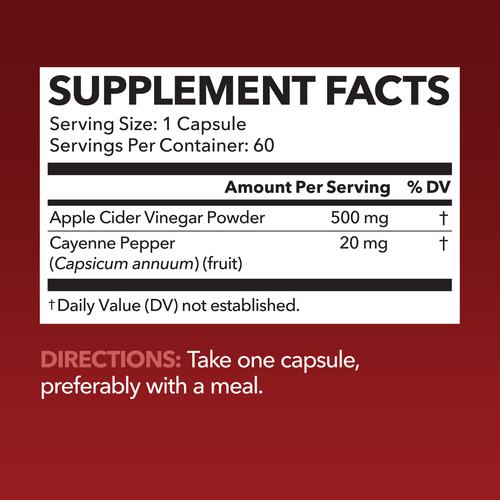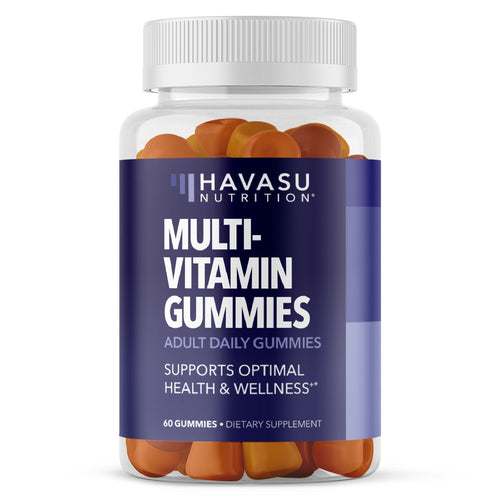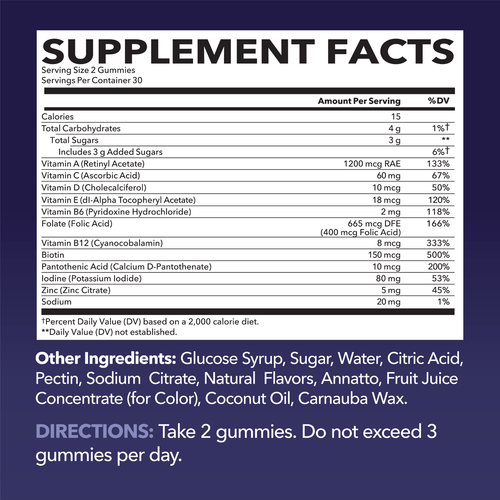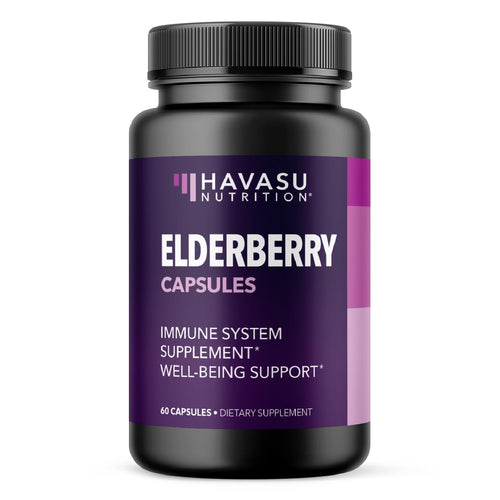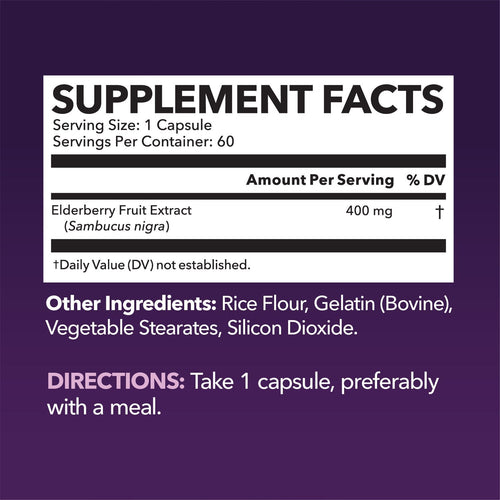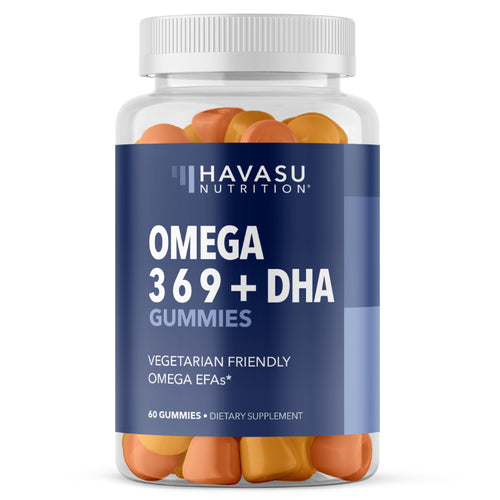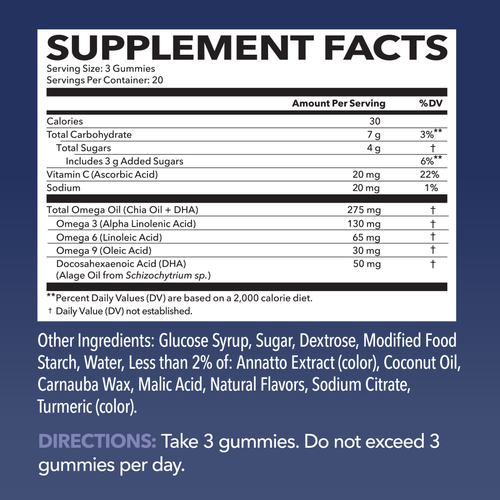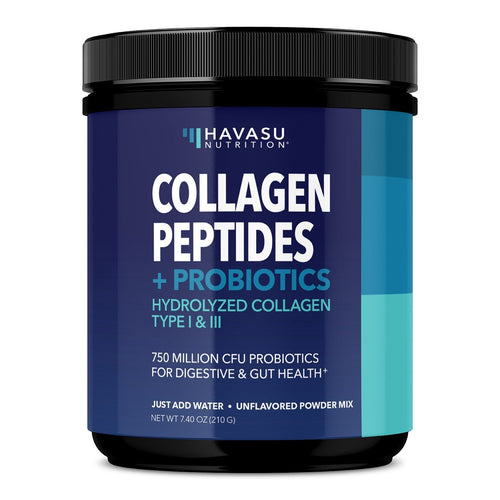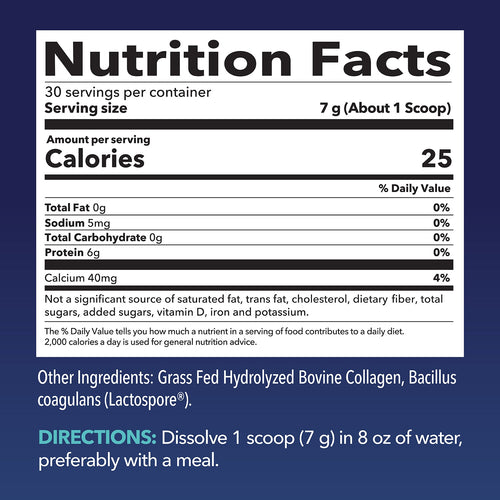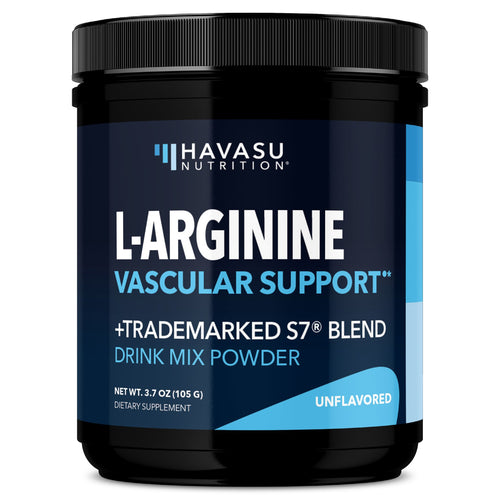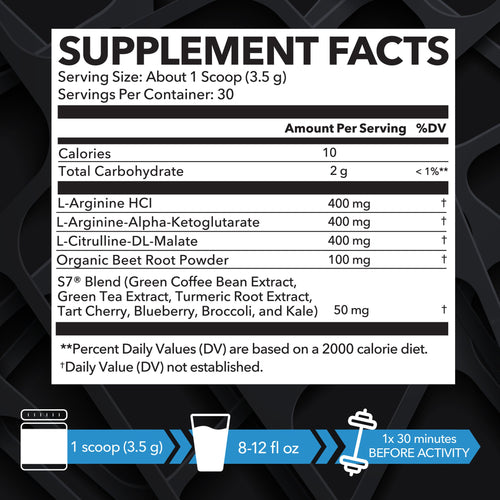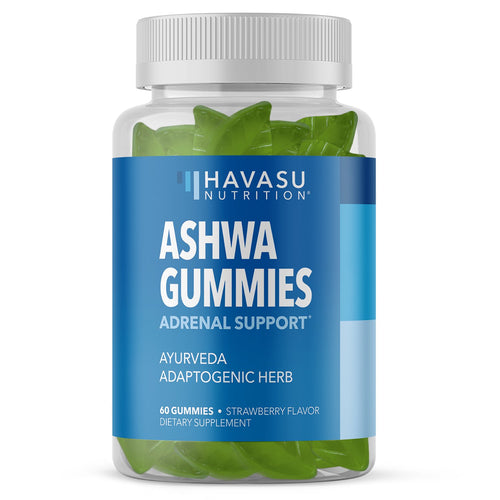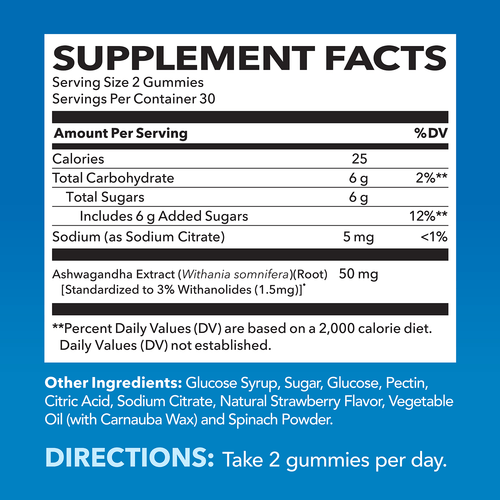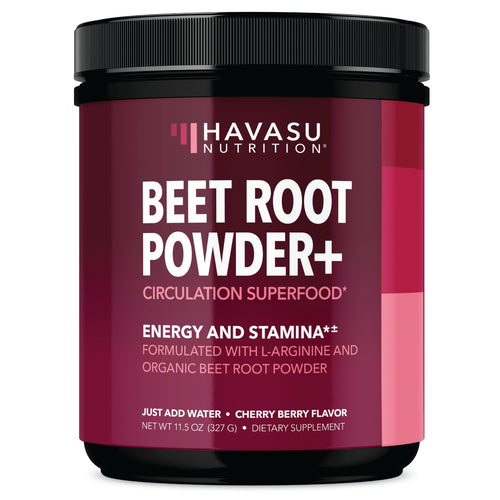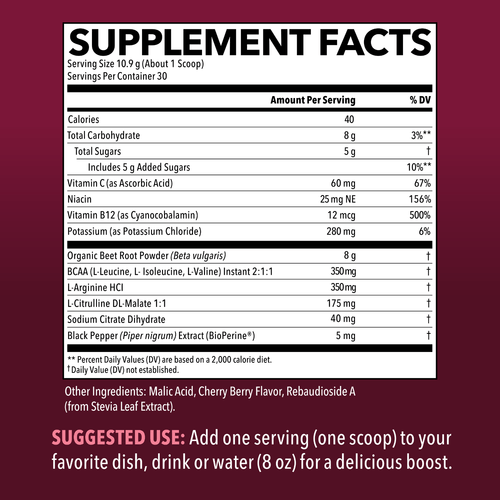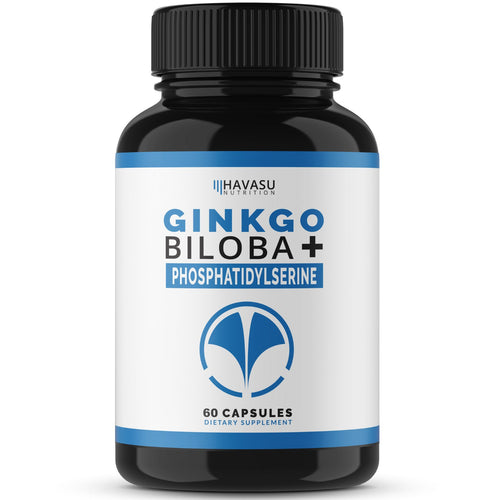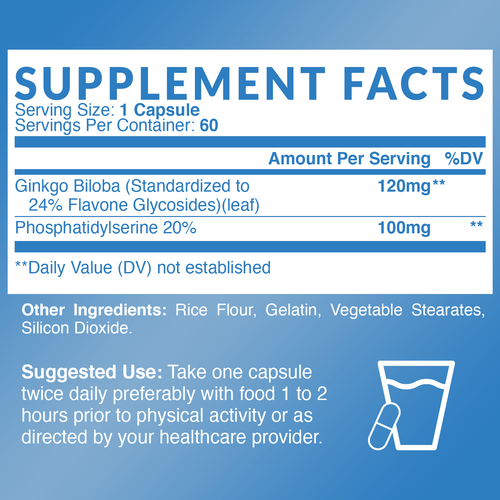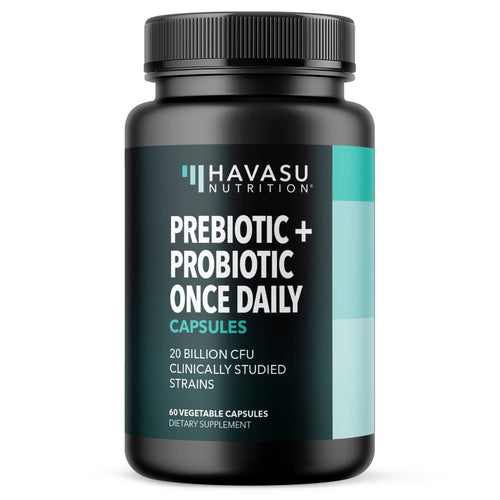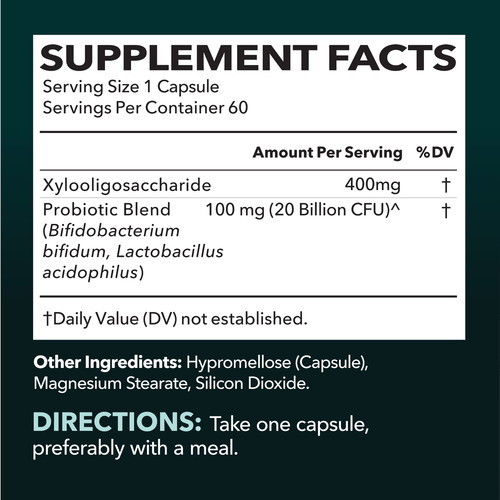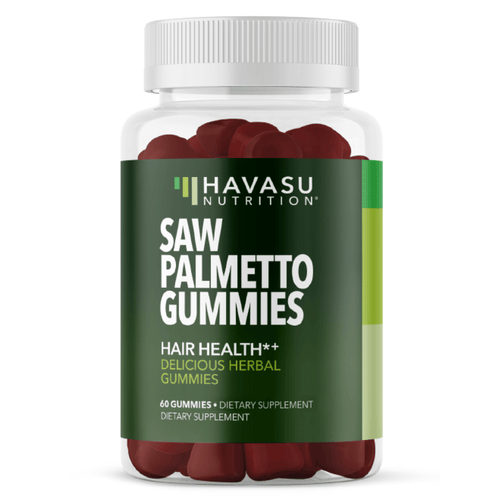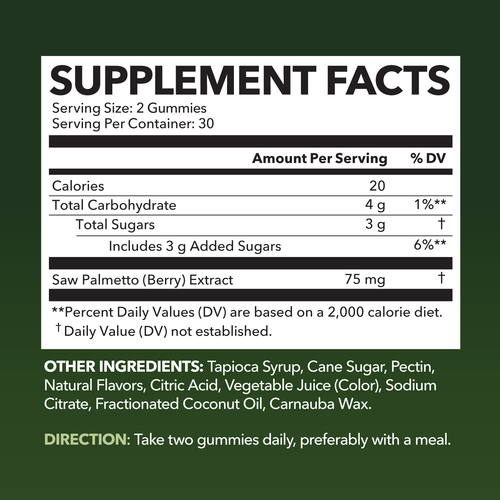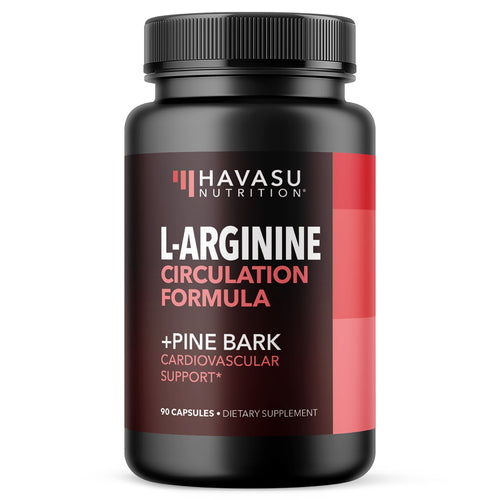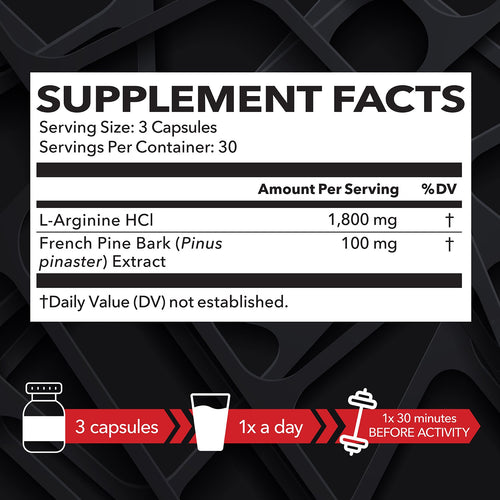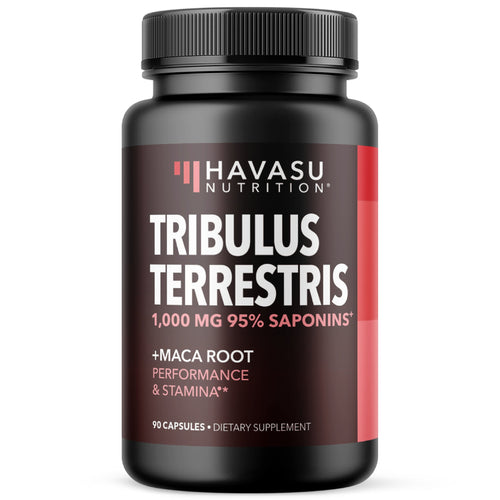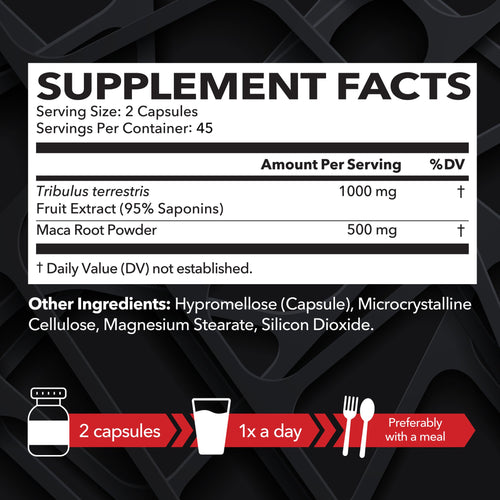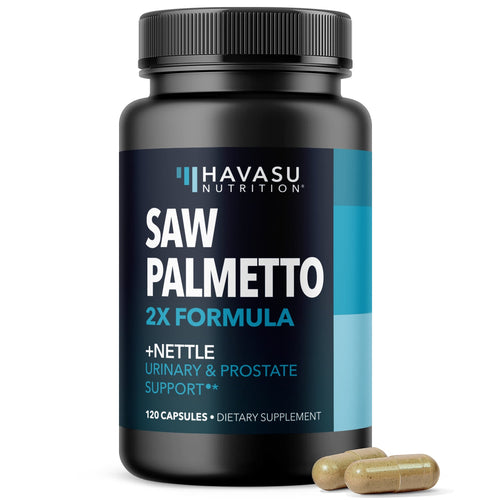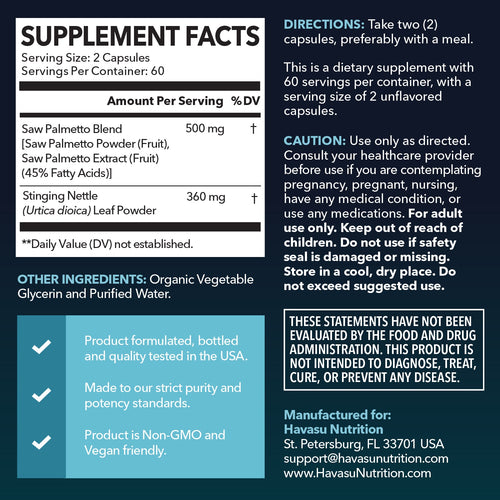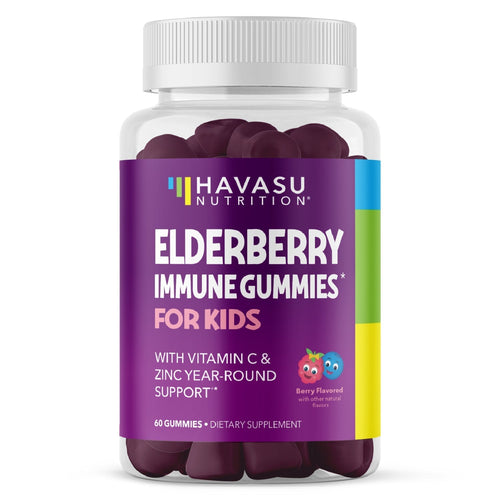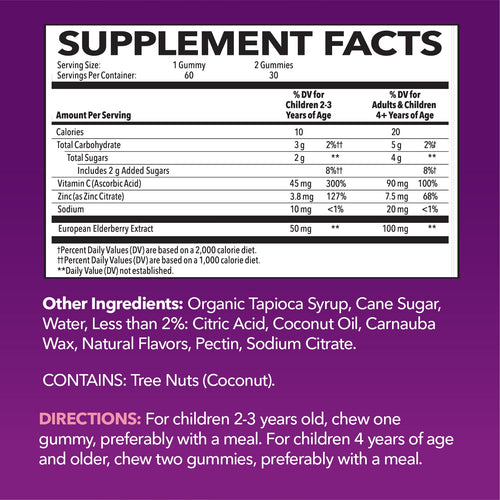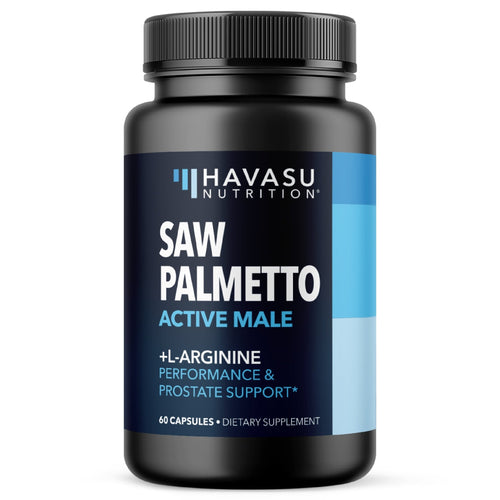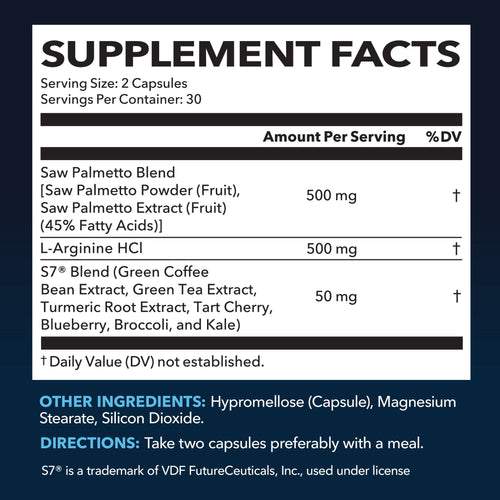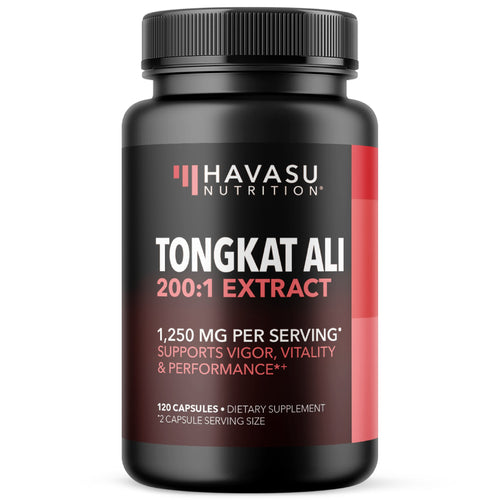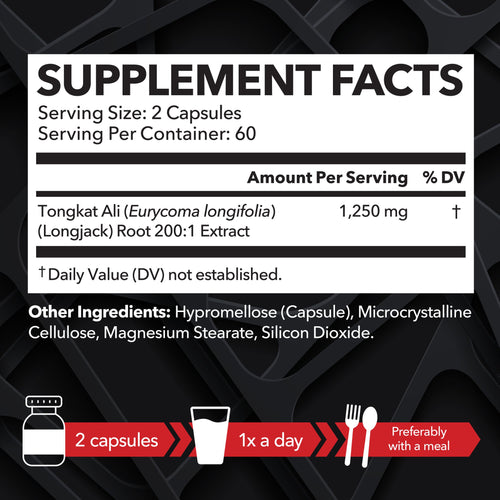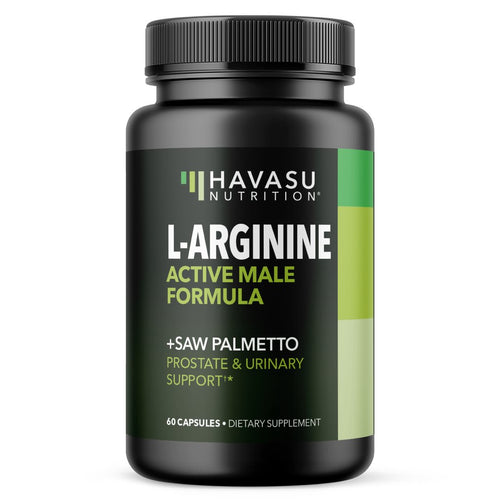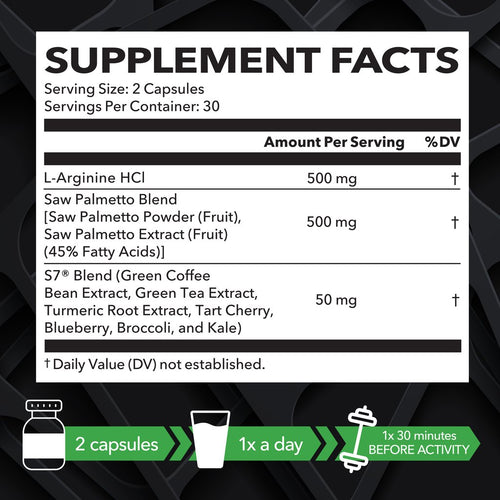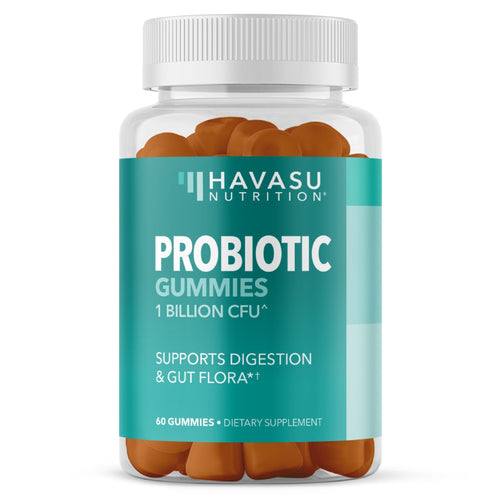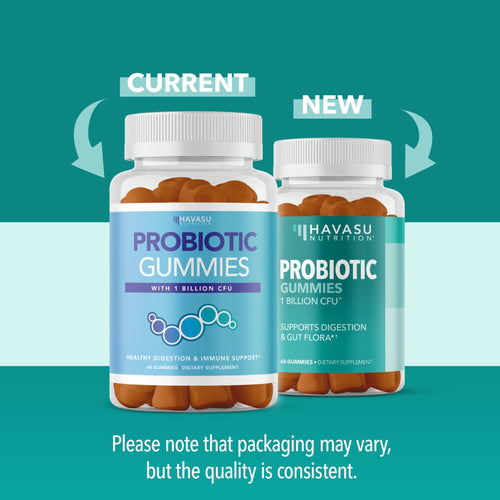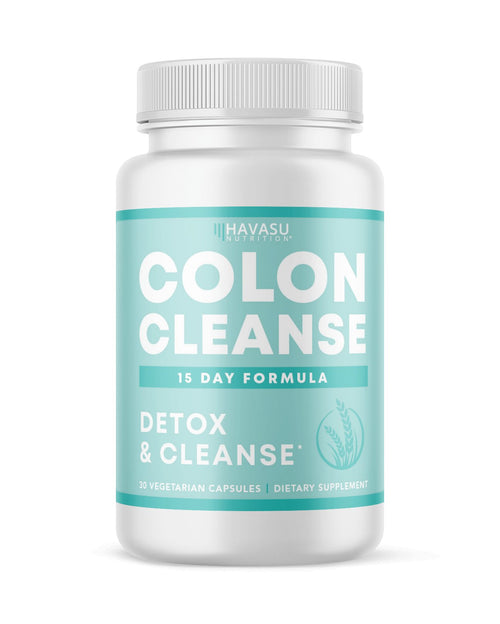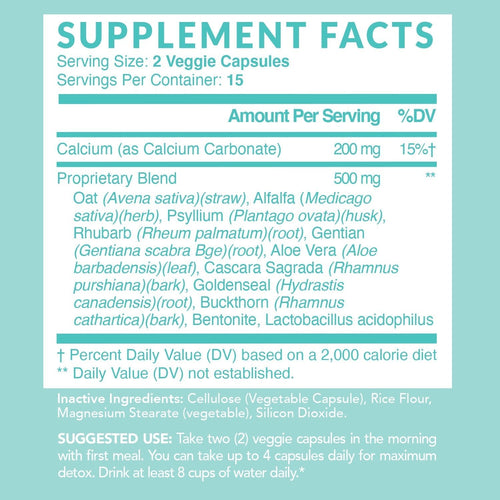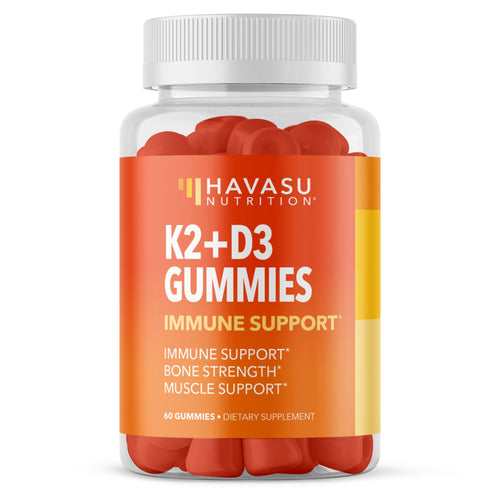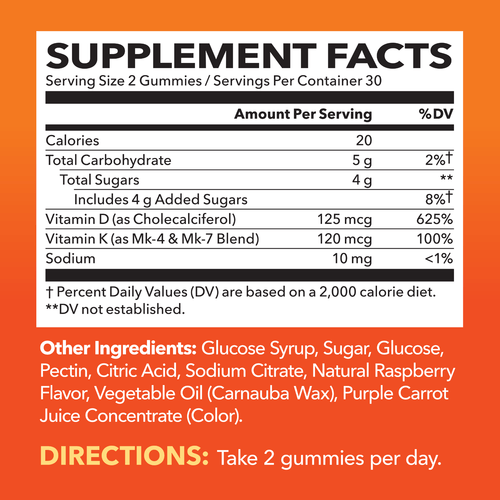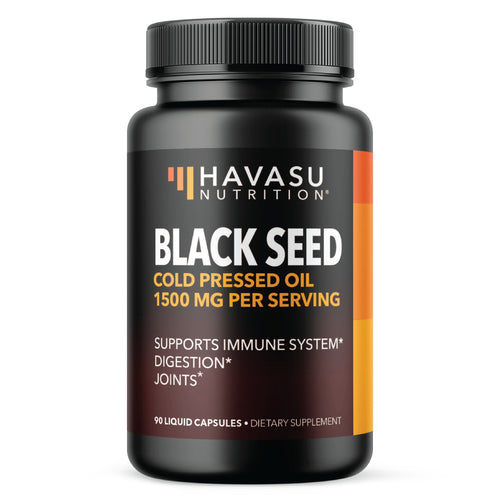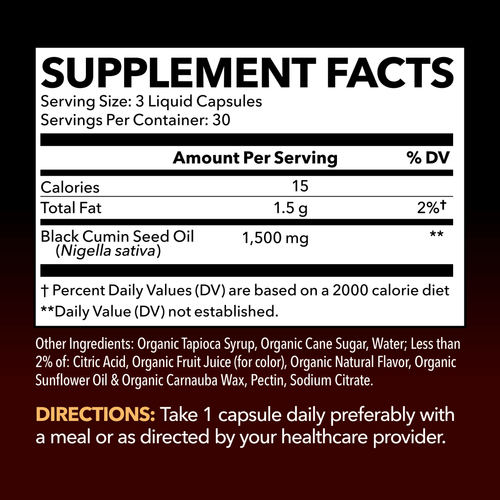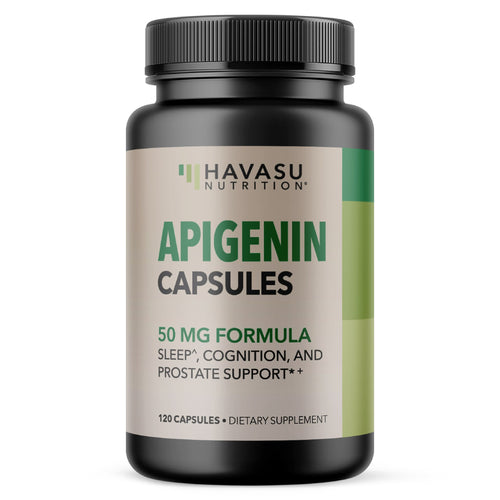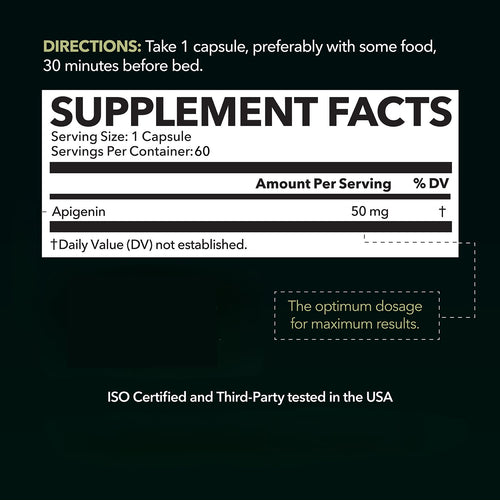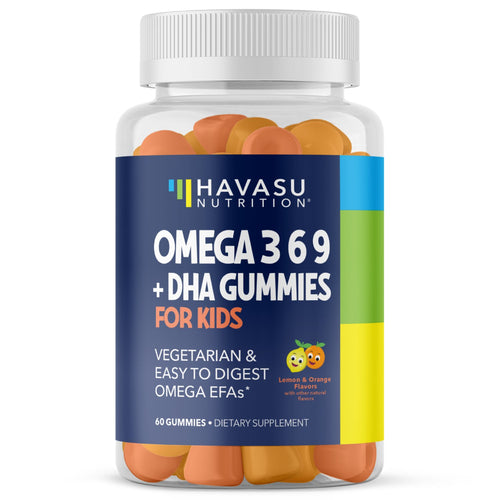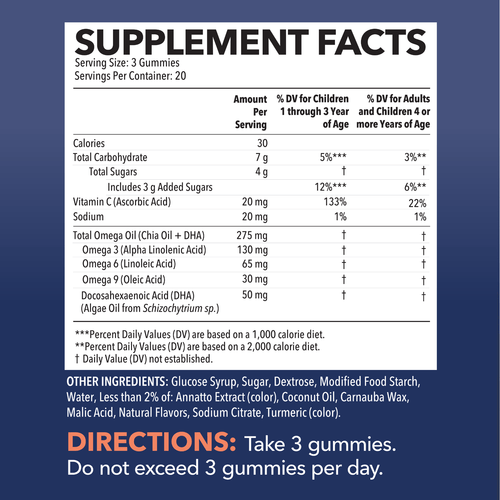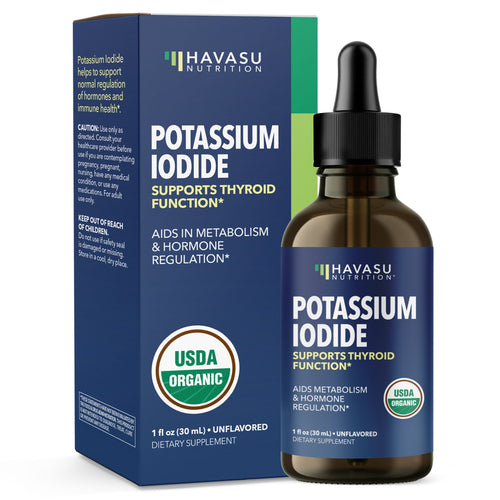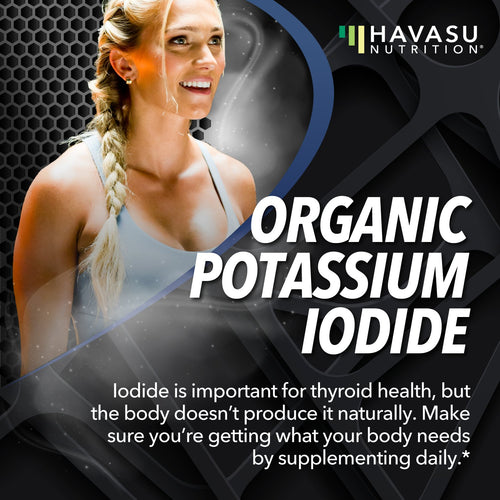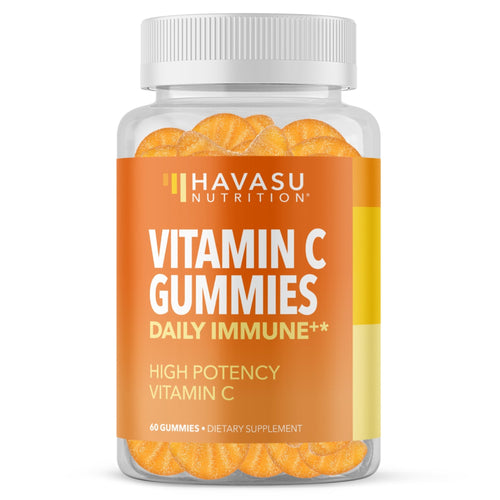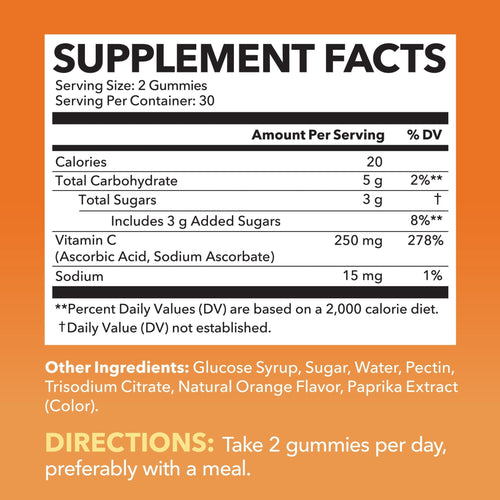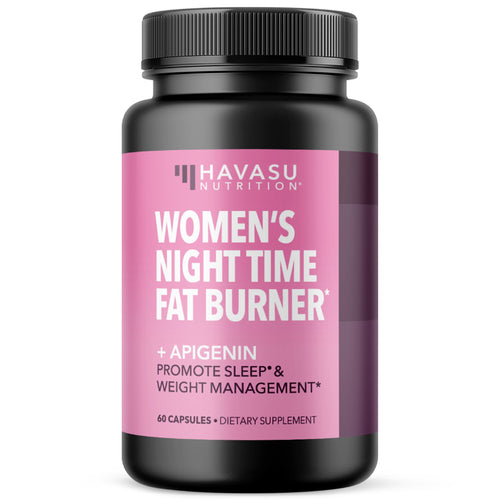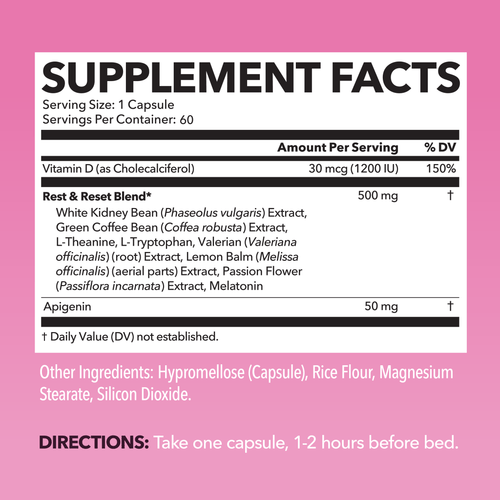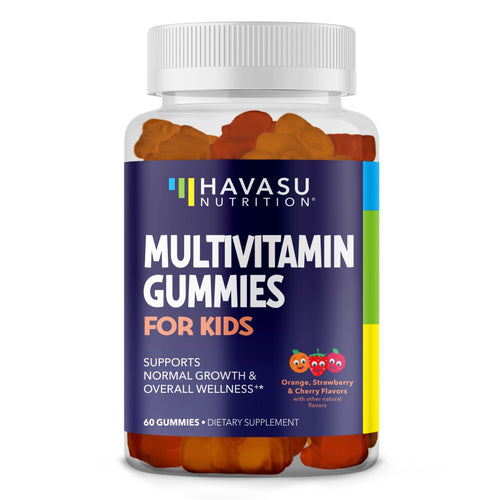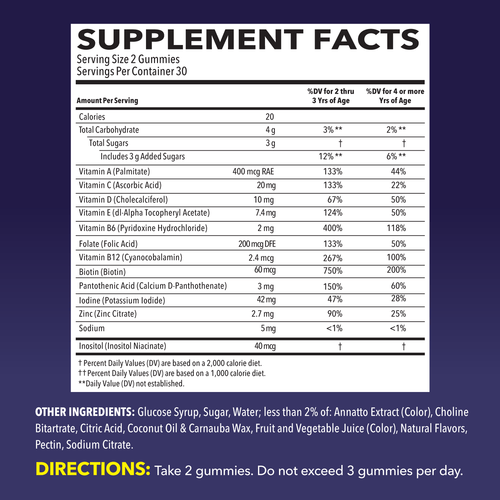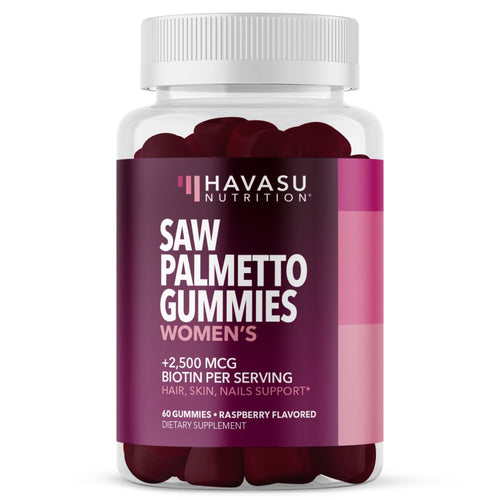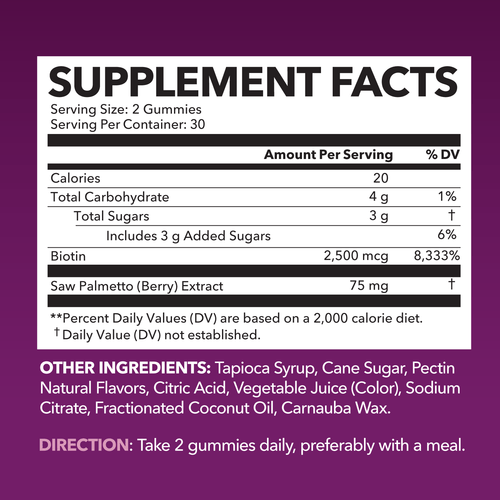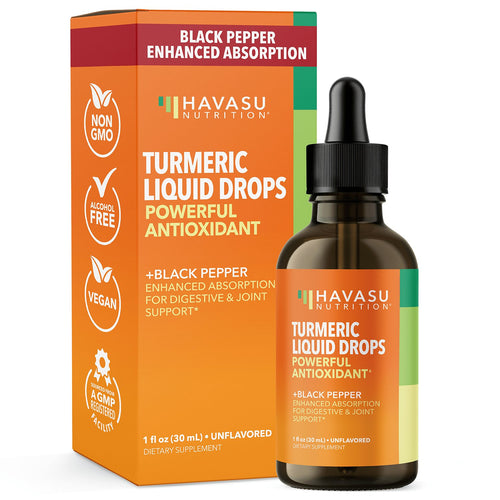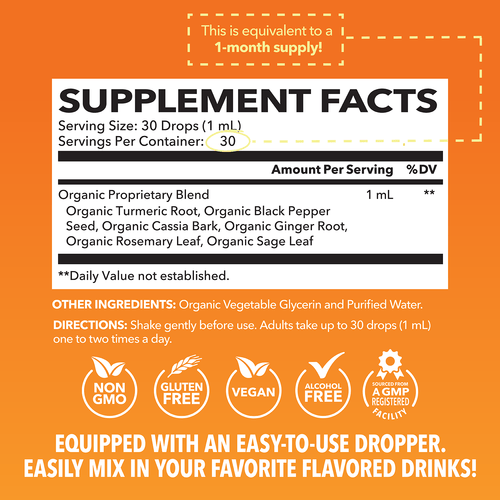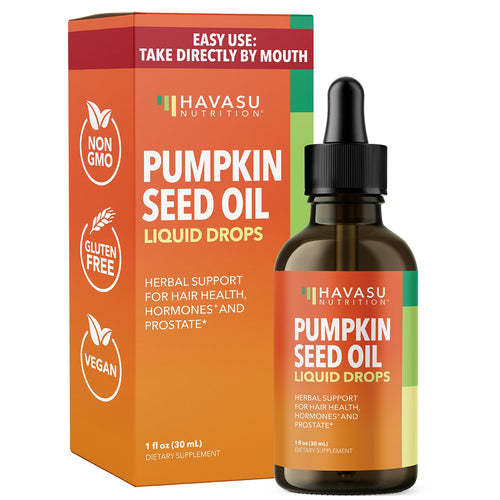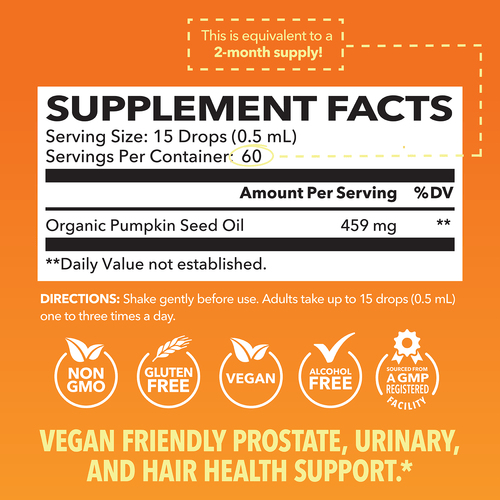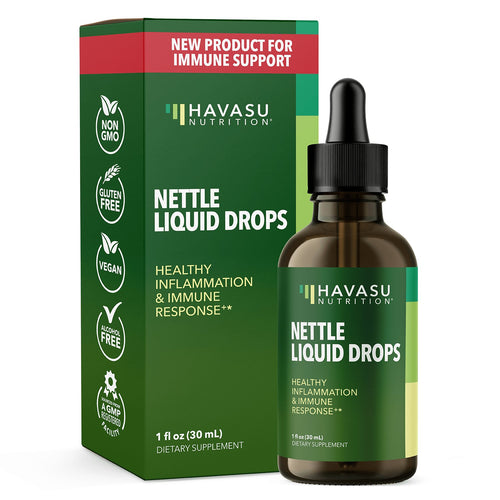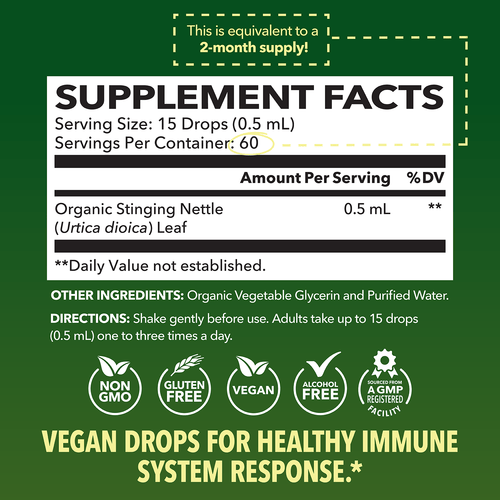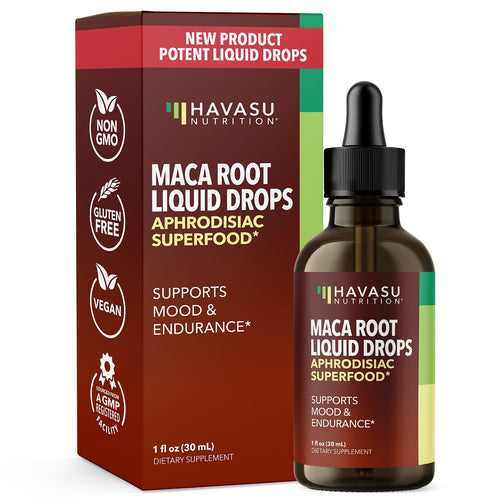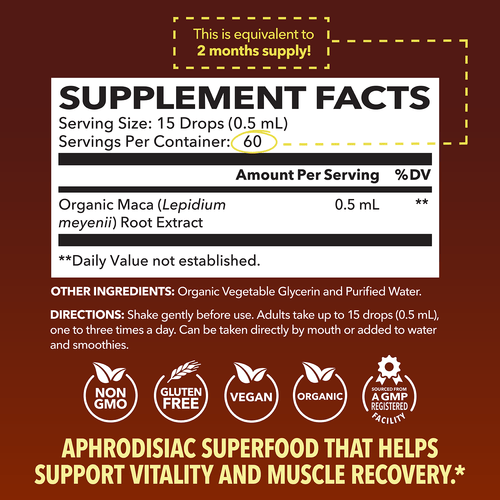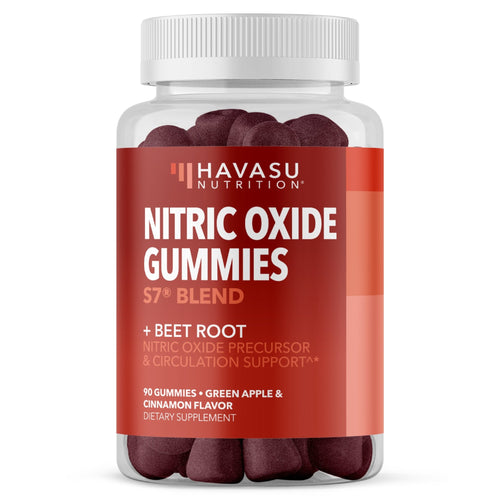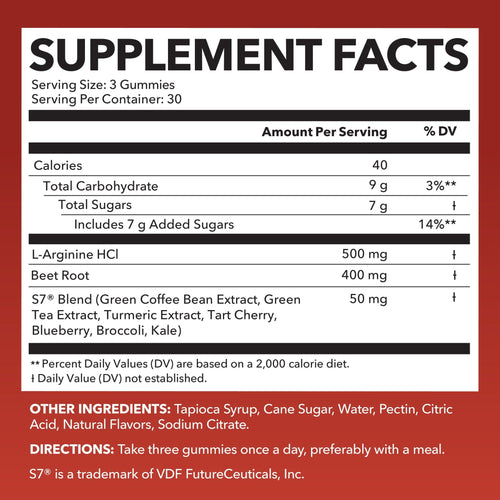Ways to Reduce Eye Puffiness
December 1, 2021
Puffiness and bags under your eyes can be caused by several factors, including a high salt diet, allergies, medical conditions stemming from thyroid issues, genetics and aging.
Though we can’t stop the aging process, we can slow it down by using supplements like multivitamin gummies that contain Vitamin E and several other important vitamins to help keep your body running well and reduce eye puffiness and bags.
As skin ages, it may begin to sag, causing your eyes to look tired and swollen. Seasonal allergies and toxins in the environment can also contribute to the problem. Here are some helpful tips to help reduce the signs of eye puffiness and aging:
1. Caffeine

Though it’s often recognized for its negative side effects, caffeine does have some healing properties. Because it constricts blood vessels, it’s a good remedy for reducing bags under the eyes. You can use two tea bags on your eyes for about 30 minutes a few times a week or look for creams that contain caffeine.
2. Cold Compresses

Cooling the area around your eyes helps to lessen swelling and inflammation. You can make a cold compress with ice in a baggie or washcloth, or use a bag of frozen vegetables, and place over your eyes for about 20 minutes. In either case, avoid placing anything frozen directly on your skin by using a paper towel or thin fabric between the cold and your skin. Repeat a few times a week and you should begin to see noticeable results after a couple of weeks.
3. Hemorrhoid Creams

Though it sounds a bit unusual, hemorrhoid cream is actually a quick and easy fix for puffiness and bloating. Bodybuilders are known for using it before competitions to shrink down problem areas like love handles. These creams contain phenylephrine, which narrows the blood vessels, which can also help to reduce eye bags and swelling. Take caution to not use creams with hydrocortisone, as that could irritate the sensitive skin on your face and can lead to thinning of the skin, easy bruising, rosacea or acne. Avoid using every day, as it could lead to clogged pores, and use only a tiny amount under the eye area, being cautious not get any in your eyes, as it could cause severe irritation.
4. Fillers

Fillers have become increasingly popular in the last recent years. They are injected in the under-eye area, at the cheek, and help to decrease the look of sagging, wrinkled, puffy eyes. Fillers are usually applied in a doctor’s office and last about a year. Be sure and do your research to find a cosmetic aesthetics that is rated well and board certified.
5. Laser Resurfacing

This technique removes surface areas on the skin that have wrinkles and helps to stimulate new skin growth. Laser resurfacing involves directing short, pulsing laser beams around the eyes so newer, younger, wrinkle-free skin can grow in the area. A local anesthetic is applied so you won’t feel any pain or discomfort during the process.
6. Retinol Treatment
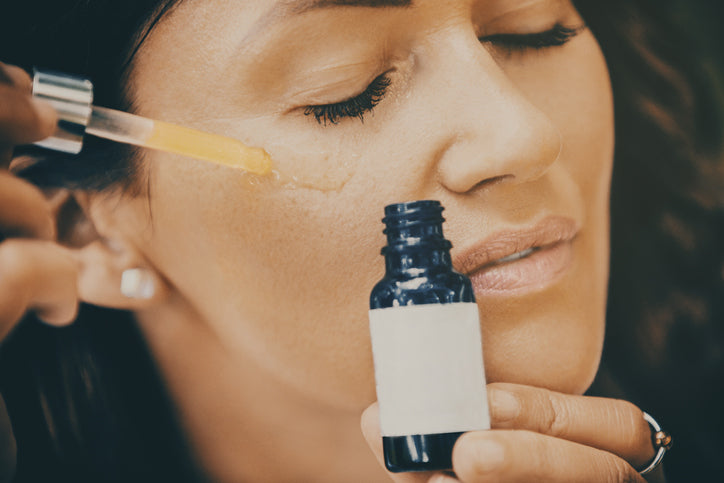
Over the last 25 years, retinol creams and serums have proven to reduce the signs of aging, especially around the eye area. They come in prescription or over-the-counter formulas, depending on their strength. Retinol helps to reduce collagen deficiencies in the eye area and contain ingredients that help to reduce the appearance of fine lines and wrinkles, dark bags or under eye circles, and improves overall skin texture.
7. Practice Good Sleep Hygiene

It’s super important to make sure you get enough sleep every night and practice good sleep hygiene like turning off electronics and cell phones. You can use a gel eye mask over your eye area while you sleep which will help reduce swelling and puffiness and help you to wake up looking and feeling more refreshed.
8. Vitamin E

Vitamin E, taken orally or applied topically, is excellent for the eye area because it has been shown to reduce swelling and puffiness and help to rejuvenate the eye area. It’s often included in over-the-counter facial creams, which can be good for healing wrinkles.
9. Hydrate

One of the most common reasons for eye puffiness is dehydration. About 60 percent of the human body is water. When your body is depleted of this valuable and necessary resource, especially after a salty meal or illness, it will hold on to whatever water is in the body, often resulting in fluid retention and puffiness. The simplest way to prevent or treat puffy eyes is to replenish your body with your daily dose of water. If you’re wondering how much is enough, the general rule of thumb is to drink at least half your body weight in ounces -- so, if you weigh 160 pounds, you should drink at least 80 ounces of water each day.
If, after trying any of these remedies, you notice the puffiness around your eyes not going away, you should consult with your doctor to rule out any more serious conditions. Putting yourself on a daily routine of drinking enough water and getting enough sleep are two easy ways to try resolving the puffiness problem.



